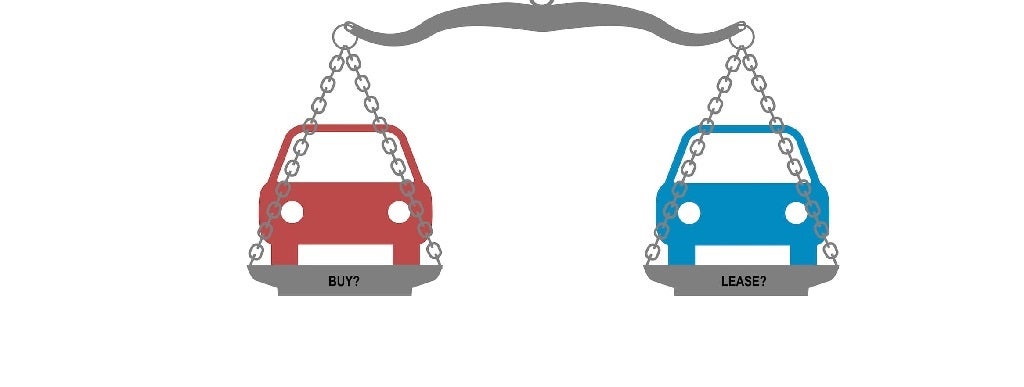How does leasing differ from owning a vehicle?

How does leasing differ from owning a vehicle?
You are looking for a new car and have considered whether you want to lease or buy. Here is a summary of the pros and cons of leasing and the fundamental differences between the two options to help you decide.
Advantages and disadvantages of leasing a car:
In the last five years, the percentage of newly financed automobiles has climbed by around 7%, partly owing to an increase in new car pricing.
The Benefits of Leasing an Automobile:
- Many people who rent a car instead of buying one find that they have lower monthly payments. Unlike loan payments, which are based on the amount you owe from the purchase price of the vehicle, lease payments are based on the value of the car that you write off during the lease. Another typical justification for leasing a car is to return it, not sell it at the end of the lease term.
- Those who favor leasing love the fragrance of a new car every three years or so.
- Having new cars all the time may mean they won’t need to visit the mechanic that often.
The disadvantages of leasing a car:
- Leasing does have certain drawbacks. While the flexibility of not having to sell a car comes with leasing, the possibility to turn the automobile in before the lease is up is frequently accompanied by early termination fees.
- Furthermore, leased cars have mileage limits. If you go over those limits, you'll be charged a pre-determined per-mile price when you return the car.
In addition to regular car insurance, many leasing contracts require you to take out guaranteed car protection or GAP coverage. In the event that the car has suffered a total loss in a natural disaster or an accident, GAP pays the remaining amount of the leasing.
Buying vs. Leasing a car: 5 key differences:
Ownership:
- Vehicle Loan: Until you pay off the loan, the bank owns the car.
- Vehicle Lease: Leasing is similar to renting a car for a long period. You pay a monthly fee to use the car.
Time limit:
- Vehicle Loan: Typically, loans are taken out for four to six years.
- Vehicle Lease: Typical rental periods are between two and four years. You have the option of returning the vehicle after the end of the lease and moving out, purchasing the vehicle at its residual value, or leasing another vehicle.
- Loan Repayment:
- Vehicle Loan: Monthly loan payments are determined by how much of the total costs, interest charges, taxes, and other costs you choose to finance.
- Vehicle Lease: Monthly payments are calculated based on the estimated depreciation of the vehicle over the lease term, as well as rent, taxes, and other expenses.
Mileage and other restrictions:
- Vehicle Loan: There is no restriction on how many kilometers you may drive, and you can modify the automobile any way you like.
- Vehicle Lease: Most leases have a mileage limit. If you exceed these miles, you will be charged per mile when you return the vehicle. Also, you are not allowed to modify the car and you may be charged an additional fee if the leasing company assesses you. that the vehicle is more worn than the contract allows.
- Obligations related to coverage:
- Loaning a vehicle: The financial institution you have opted for may need full coverage insurance on the automobile, which will be included on your insurance policy.
- Vehicle Lease: The leasing company may need you to carry particular minimum coverage on the vehicle, which will be listed on your insurance policy.

